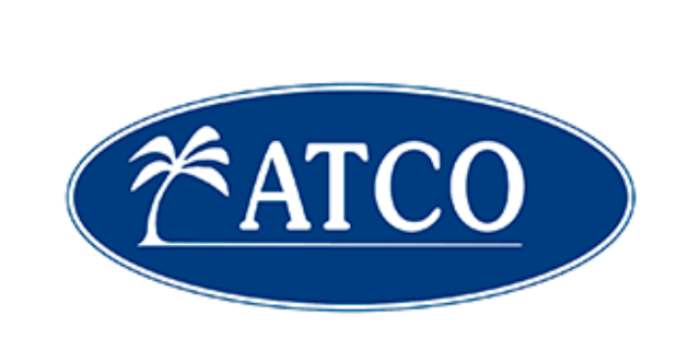Company/organization and country: ATCO – August Töpfer & Co. (GmbH & Co.) KG and DORADO Ivory SA (subsidiary of Royal Nuts PTE Ltd.), Germany
Type of project: Community development project
SDG(s) relevant to the project: 6, 12
Topic(s): Water management
Product(s): Cashews
Project end date and duration: 03/03/2023 (5 months)
Abstract: Access to clean and healthy drinking water is a big challenge for many communities around the world. For almost a third of the world population, a regular water supply is not secured. People living in poor and/or rural areas are especially affected by this problem. A secure water supply should not only be clean but also situated near communities, only then can the families fully rely on it. In order to tackle these problems ATCO and DORADO initiated a project, to provide clean and secure drinking water to the rural population in a village connected to the cashew industry in Côte d’Ivoire. Because, existing pumps often do not function properly and water needs to be fetched from distant pumps with mediocre water quality.
To improve this situation, 2 water taps were installed one for drinking another for other domestic uses –these are linked to 2.500l tanks, which are connected with a reverse osmosis (RO) water treatment plant. It should be emphasized, that the maintenance can easily be handled by the local community (relevant training was provided) and the water provided is free from impurities and safe to consume.
The water plant was inaugurated on March 3, 2023, in the village of Blè in the Toumodi area. The plant has a capacity of processing 1,000 litres per hour, which is sufficient to meet the needs of the entire population of Blè. This plant is the first of many that will be installed as part of future projects in other villages as part of the continuing contribution to improve the quality of life of the people in the proximity of DORADO’s sourcing as well as processing operations.
We were inspired to initiate this project by the “WATER FOR ALL BY 2030“ project of the Government of Côte d’Ivoire and ATCO’s Sustainability strategy based on the Sustainable Development Goals (SDGs). SDG 6 Clean Water and Sanitation as well as SDG 12 Responsible Consumption and Production are relevant in this regard. The project aims to contribute to the achievement of the following targets in particular:
- 6.1: Universal and equitable access to safe and affordable drinking water
- 6.2: Access to adequate and equitable sanitation and hygiene for all
- 6.4: Increase water-use efficiency, ensure sustainable withdrawals and supply freshwater
- 6.a: Expand international cooperation and capacity-building support to developing countries in water and sanitation related activities
- 12.2: By 2030, achieve the sustainable management and efficient use of natural resources like water
The project in general is part of our ongoing efforts to improve supply chain traceability, transparency and the quality of life of local communities.
Outcomes: Côte d’Ivoire is the biggest growing country for cashews in the world. The majority of raw cashew nuts (RCN) grown are exported to other countries (e.g., Vietnam, India) for further processing and only a small portion is being processed in Côte d’Ivoire itself. However, over the last years the cashew industry was able to increase the number of processors and hence the amount of RCN to be processed locally. This creates various positive effects such as beneficial national economic effects, creating more jobs in cashew processing (DORADO is currently employing up to 1,600 people), higher income levels as well as better living conditions for the population.
The key outcomes from our project in this context are:
- Directly increasing the quality of life for the local population and therefore supporting their development and education (by e.g., saving time with a less labor-intensive process),
- Securing better and efficient working conditions in the cultivation of RCN (less labor-intensive process and better water quality)
- Improving health (clean water leads to improved hygiene and lower risk of sickness)
- Securing a sustainable water supply
- Increasing self-governance (creation of e.g., water management committee)
Hence, our project is supporting the further growth of the cashew sector in Côte d’Ivoire. Previously the availability and the consistency as well as loyalty of skilled workforce was one of the key obstacles for many players trying to implement bigger and advanced operations.
By supporting and improving the prerequisites of cashew processing and cultivation in Côte d’Ivoire this project is adding various positive effects to the cashew industry in general. Cashews grown and processed in Côte d’Ivoire (direct origin cashews) have substantial advantages over the majority of other Cashew producing origins:
- RCN are not shipped around the globe for processing, creating unnecessary CO2 emissions and logistics-related costs
- Transparency and traceability of the supply chain can be guaranteed
- A higher educated and more content local population leads to better product quality and quantity
- Efficient working processes lead to better product quality and quantity
- Having cultivation and processing in one place leads to fewer quality-related risks due to improper drying, wrong storage and transportation conditions
In summary, cashew processing in Côte d’Ivoire is more sustainable than processing kernels in other processing countries. It can only be successful with skilled and content people working in processing facilities that provide stable income and acceptable living conditions.



